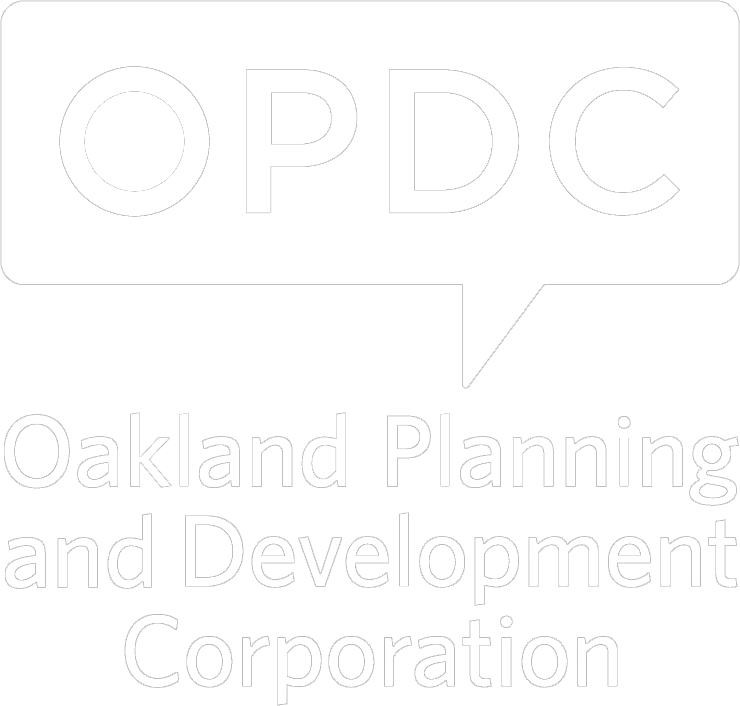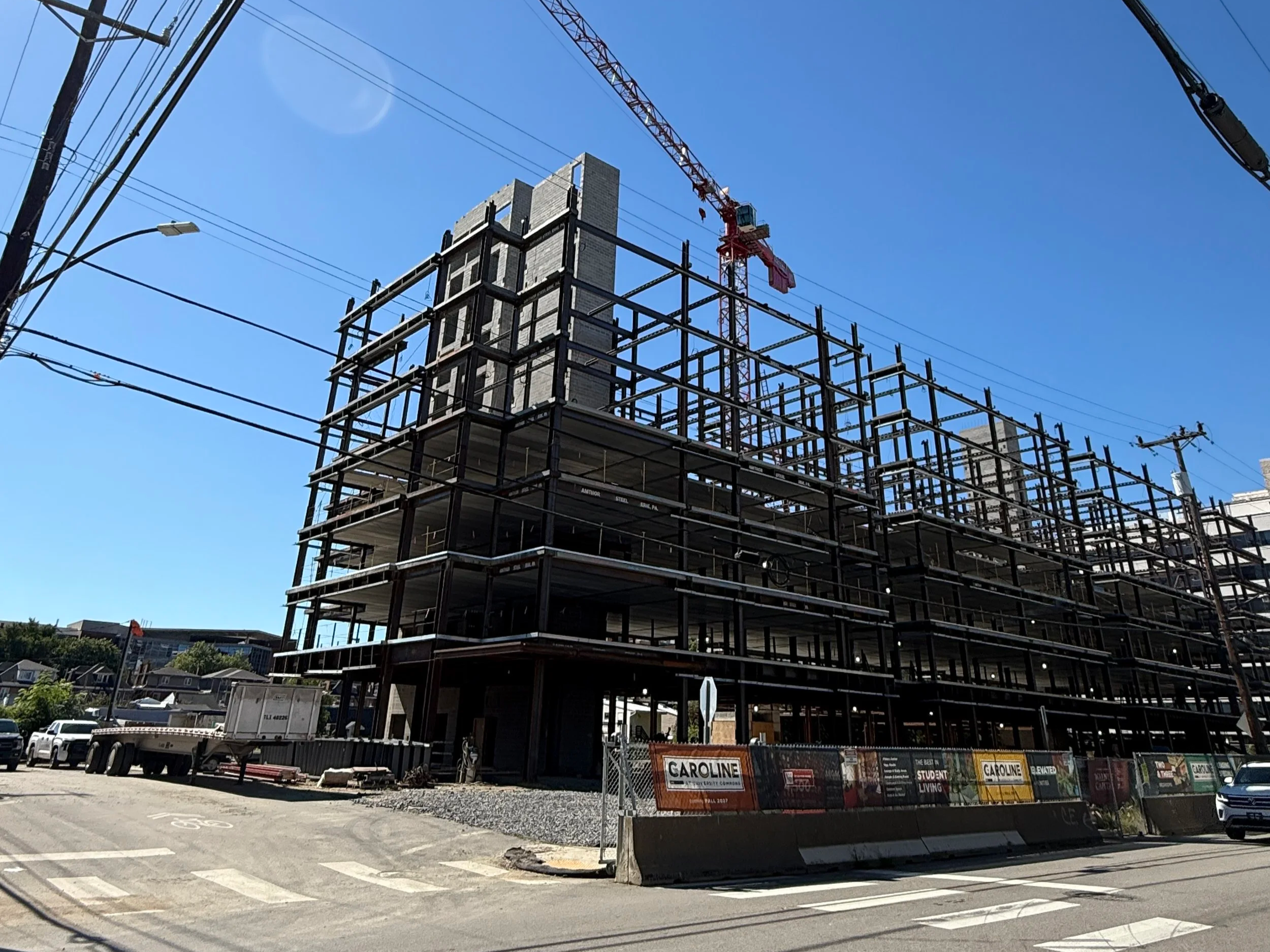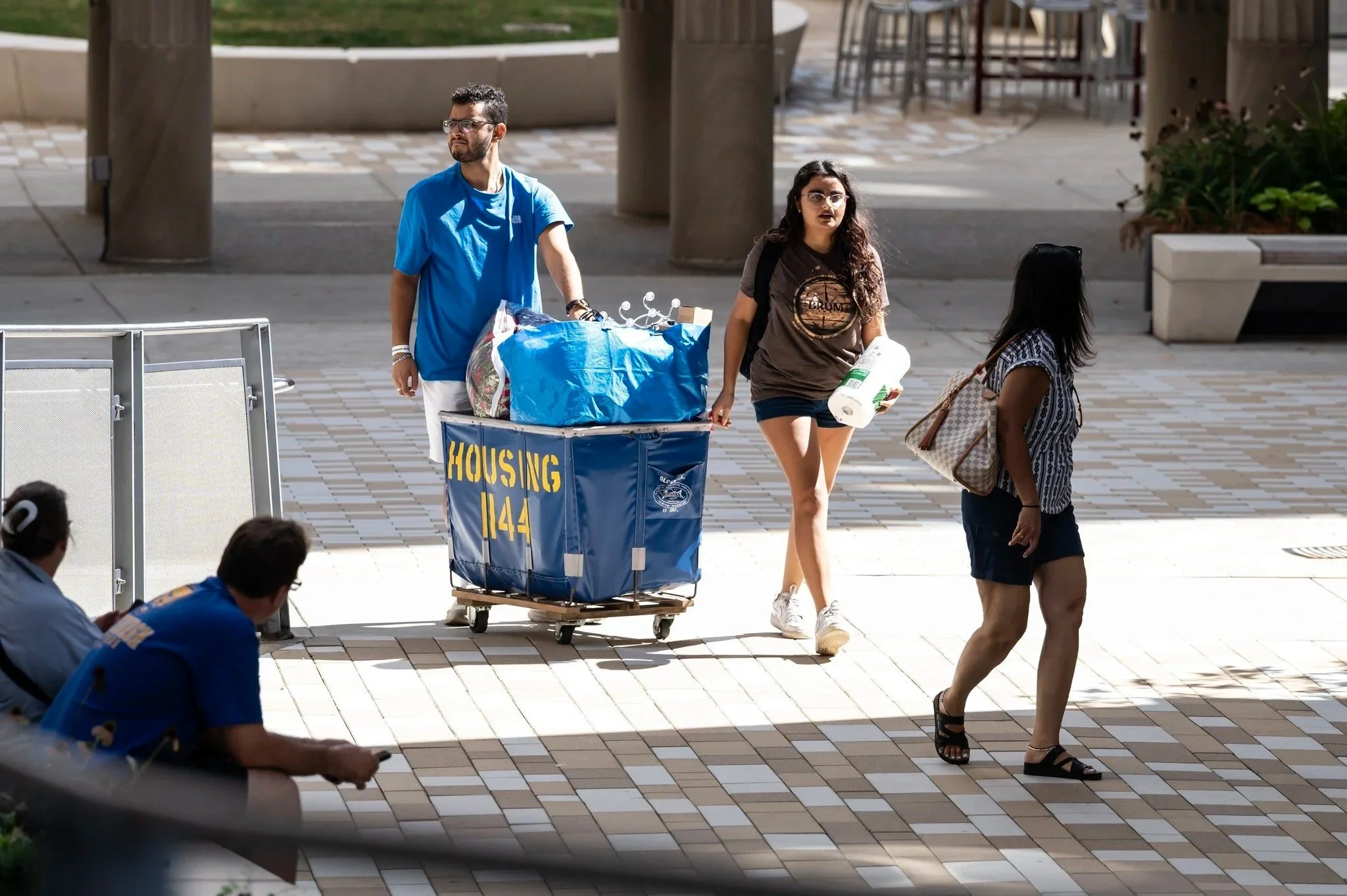August is Moving Month in all of Oakland’s neighborhoods, as leases turn over, graduates move away, and returning students fill their places. This year – it's not your imagination! – there are more students arriving in Oakland than in years past. The University of Pittsburgh has admitted what might be its biggest freshman class ever. To house them all, the university is getting creative with the bed configurations in its dorms and is expanding its block leases in local apartment buildings and hotels.
Back in 2021, when Pitt published its current institutional master plan (IMP), it anticipated a slow steady rate of growth, with an aggregate increase in undergraduate enrollment over the next ten years of no more than 5% to 10% (which translates to as many as 1,800 additional students by 2031). Acknowledging that student demand for off-campus housing has put enormous stress on Oakland’s residential neighborhoods over the last 50 years, the university promised to build new dormitories to make up the difference – to add over 1,000 new on-campus beds.
Pitt hasn't built any new dorms since the IMP was published, but the rate of enrollment growth is pushing the limits of everyone’s expectations. New apartment buildings built by private developers have added more than 2,300 net new beds to Oakland since 2017 (not all of which are occupied by undergraduates) and more are under development and construction. But to actually ease the rental pressure in Oakland’s residential neighborhoods, Pitt needs to follow through on its IMP commitment and build more dorms.
Oakland homeowners and long-term residents want Oakland to be more welcoming to families with children, people who will help care for their properties and the community, support local businesses, and get to know their neighbors. It might seem counterintuitive, but to make that possible we will need to encourage much more residential density – including tall apartment buildings and dorms – close to Oakland’s universities and employers.





